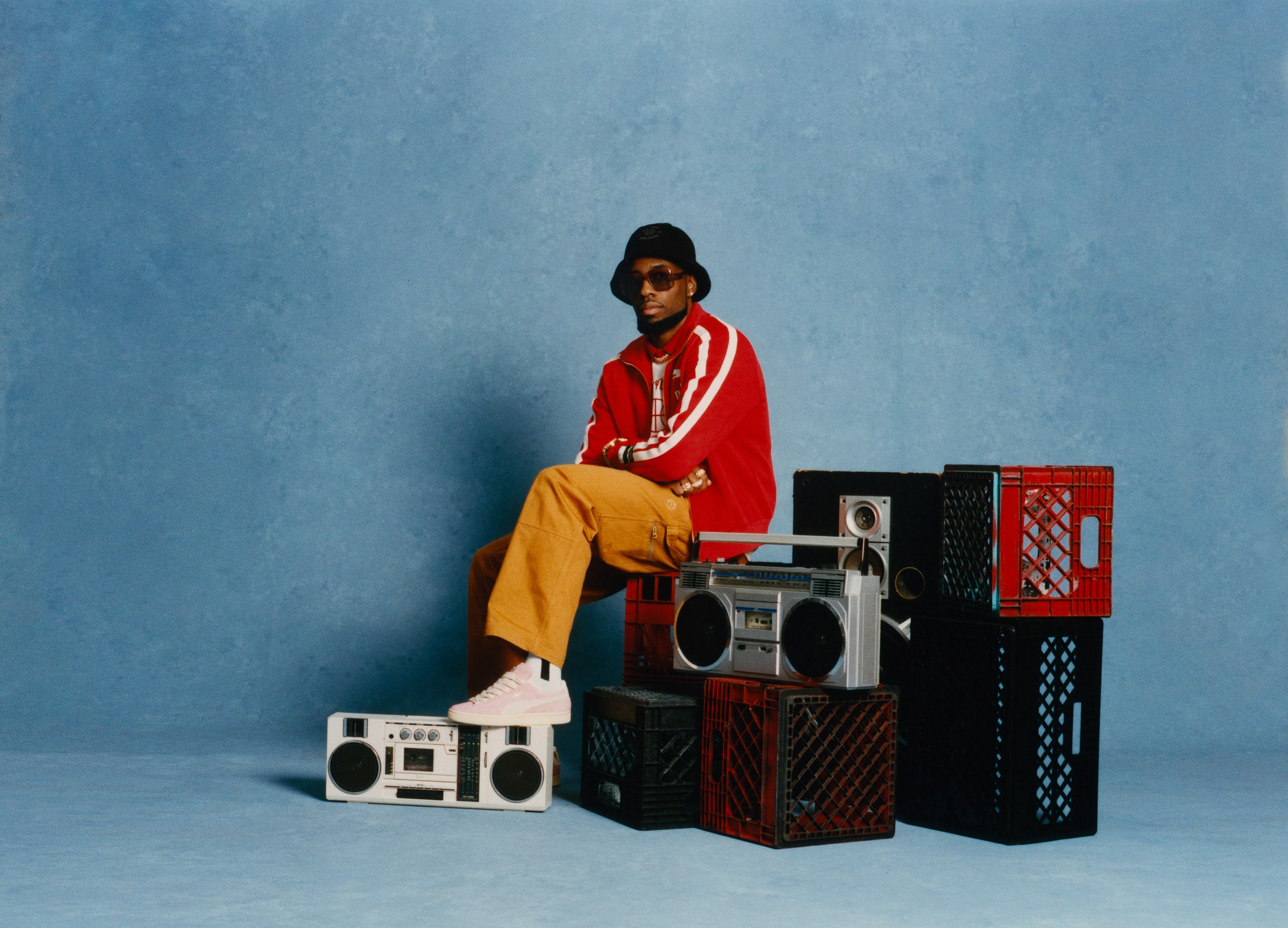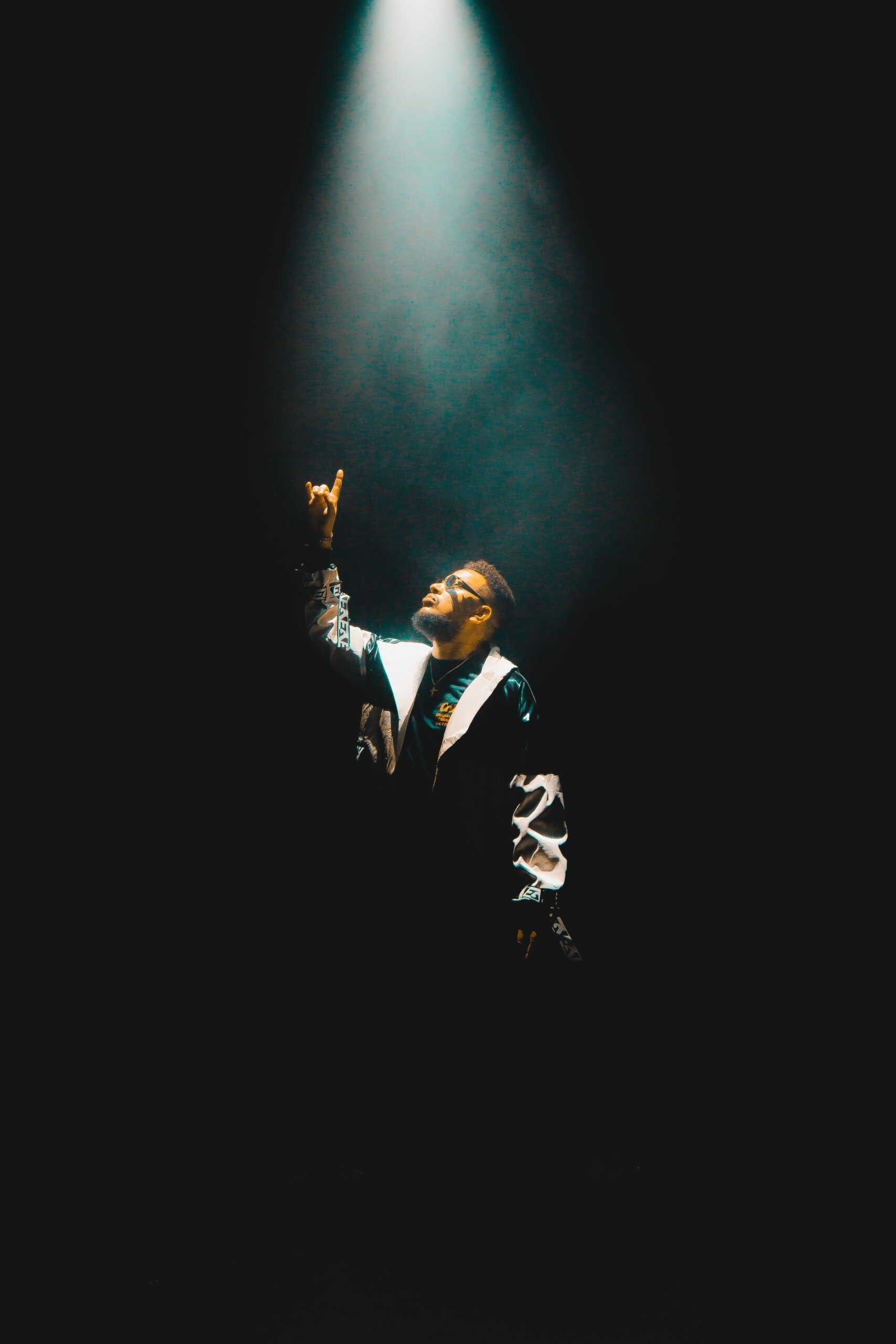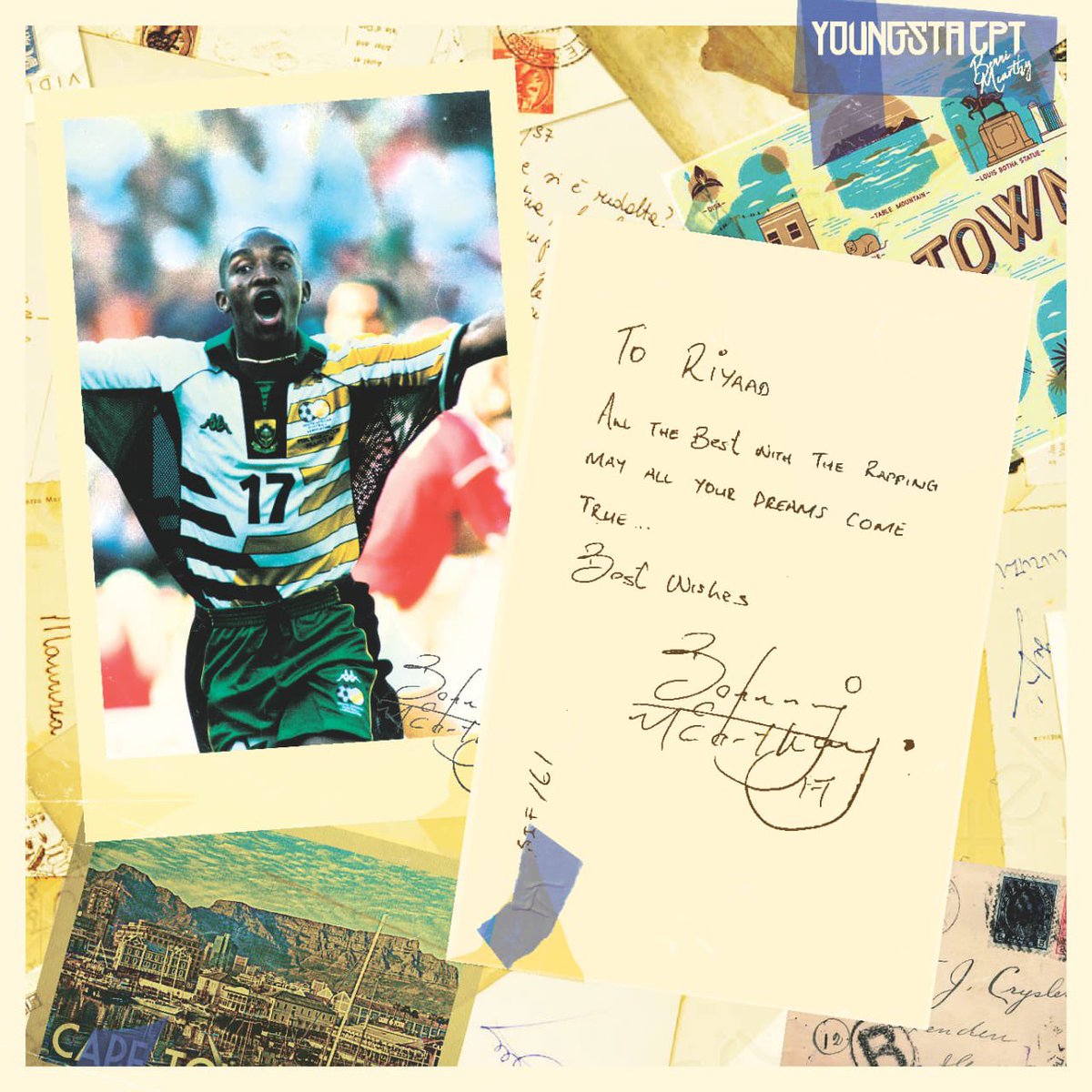Words by Wiseman Ngubo
There has been a notable absence of an outright viral local hip hop hit in recent times, the last two years have seen a pretty lukewarm showing from a local hip hop perspective. Given the fact that there has actually been a lot of good quality music being put out begs the question; why it is not connecting?
A lot of stakeholders in the game have offered different perspectives on what might be the cause of this multi-faceted problem: some of the blame has been placed on the shoulders of DJs and/ or gatekeepers, some at the artists and the art itself. In the various discussions there is one cause which has not received the necessary attention; the games obsession with independence.

The period between 2014 and 2016 saw local hip hop’s ascension to the pinnacle of South African music culminating in Kwesta’s “Ngud” taking the honours for the song at the SAMA’s in 2017 with the highest airplay, whilst Nasty C took home the most coveted Record of The Year. This also saw Kwesta take the Best Male as well as Album of the Year honours. Hip Hop had truly arrived in a major way.
The years following that, on the other hand, have left much to be desired. Of the top 100 songs with the most terrestrial airplay in 2018, local hip hop took up a measly and unimpressive two positions with Kwesta’s “Spirit” and AKA’s “Fela In Versace” sitting at number 8 and 62 respectively.
Given the fact that the music is there and the quality is undeniable, the lack of its success can only be chalked up to the fact that the music is not reaching the right people and it is not being worked enough or correctly. This is where increased major label involvement in the game could prove crucial.

I have lost count of the number of times I have interacted with an up and coming rapper who is convinced, even prior to taking one meeting, that they do not need a label and can do it all by themselves. This belief is not borne out of thin air (major labels have certainly not ingratiated themselves) but there is a need to evaluate whether this is serving the local hip hop industry well. Prior to arriving at such a decision, one would expect that – at the very least – the artist would have met with different labels to ascertain what was on offer and thereafter decide that they would be better off without it. Often times, this is not the case.
In fact, most are unware of exactly what labels do beside the generic “controlling my creation”. This obsession with controlling every part of the business has undoubtedly denied relevant people access to music that they very well could have legitimately given much needed legs to.
Once the local hip hop fraternity had achieved the successes of 2017, to unlock the next level a very specific type resource and investment was needed, the type of investment the music industry only gets from record labels. Failing to extract this value from the labels has stifled the potential reach of local hip hop. The local hip hop scene could benefit from three things which big labels provide viz.; expertise, financial investment, and infrastructure. Record labels are the primary investors in music globally, with close to 30% of their revenues being reinvested into marketing and A&Ring music.
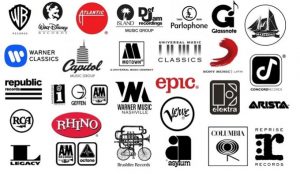
With the local recording industry revenues sitting at approximately R400 million, 40% of that reinvestment amounts to around R120 million that local hip hop can potentially tap into. Such financial resources, if international trends are followed, could be used for marketing purposes to ensure that the great works being produced reaches the masses. Many-a-times the quality music being produced does not reach the masses due to the fact there is no real marketing strategy behind it besides simply “putting it out there”.
With about 20 000 to 22 000 songs being uploaded onto streaming services such as Spotify every week, investment needs to be made to market the music to ensure people are aware of it. Simply uploading and retweeting the link to your fans is not enough. Labels have the money to invest in the required marketing strategies. There needs to be a deliberate effort to tackle the question of how to get music to the casual fan who is not necessarily going to actively seek it out. That is where hit records are made; the altar of the casual fan.
The expertise that many record labels have could also prove very useful the local hip hop scene. One of the main areas where immediate expertise is required is ensuring rotation on radio. Many self-releasing rappers (as the top 100 list suggests) struggle to get radio placements due to issues such as not knowing how to submit, payola (this is a whole article on its own) or simply the fact that they have not garnered enough social capital for compilers to prioritise their submissions. This is expertise which labels have long since mastered and make effective use of. Tapping into this part of the labels expertise will surely increase local hip hop’s market share on radio and TV airplay.

Following Riky Rick’s “forget radio” statement at the Metro Awards in 2017, it almost appears as if many local hip hop artists have bought into the idea wholeheartedly. Nowadays, they simply place releases via an already saturated internet and do not seem to bother much with radio. Given the fact that radio reaches an excess of 28 million people who spend an average of 3h42 minutes per day listening to, it is not surprising that we do not seem to have that many viral hit local hip hop records. The internet might cultivate a niche market, but radio gives the necessary reach that gives birth to hit records. Record labels are well aware of this and have invested heavily on expertise that are enable an effective utilization of radio’s reach.
Of the top 100 songs with the highest airplay in 2018, only one is listed as a self-release. This showcases that record labels are extremely effective in placing songs on radio. Local hip hop relegation of radio effectiveness is detrimental to the industry and record labels can easily remedy this.
Further, labels have the necessary infrastructure to enable the effective physical distribution of music, which most self-releasing musicians do not. With the selling of music shifting to consignment, self-releasing musicians are forced to be very circumspect with the number of albums printed and where those albums are availed. Record labels have the convenience of scale, which many self-releasing musicians do not have. Local hip hop is not exempt from this problem which results in a shortage of the number of physical releases exacerbating the reach problems that the genre is already experiencing.
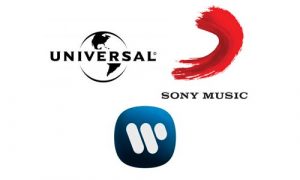
It is worthy to note that this piece is by no means advocating that all local rappers must sign record deals. South Africa, like elsewhere, is experiencing a rise in self-releasing musicians much to the benefit of the industry. Internationally, self-releasing musicians generated about $101 million dollars in 2018, however, local hip hop’s knee-jerk reluctance to even engage record labels is detrimental. Independence has been prioritised to the detriment of the music’s reach.
Many local rappers cringe even at the mere mention of the term “contract” let alone “360”, forgetting that Jay Z leveraged a 360 deal to form his Roc Nation empire. Record labels are not the be all and end all of music, however if local hip hop is to by-pass labels, there is a need to replace the investment, expertise and infrastructure that labels provide with more creativity. Some musicians should definitely remain unsigned whilst others definitely need to be signed. This can only be ascertained once the label offers are evaluated in light of the artists business.
There has never been a more opportune moment to for musicians to extract the desired value from record labels than in modern times. The types of deals that artists can now get from labels varies such that, with the correct leverage, an artist can get the label to do more than ever before. In fact, I can recall a recent conversation with an MD of one of the major labels who stated that they are now signing more joint venture agreements which require a financial commitment from the label more than ever before. This showcases the pull that artists now have dealing with labels.
The business of music, just like the creation of it, is a collaborative effort. Even indie labels find benefit in entering into agreements with major labels in order to leverage some of the major labels expertise. Around 22% of all indie label revenue is said to flow via major labels. The obsession with writing and performing everything, whilst also being responsible for releasing and marketing the music is not sustainable. Owning 100% percent of R10 is not better than owning 20% of R100.
Local hip hop requires investment in order to catapult it to the world stage. With the costs of launching an artist in a major market like the US or UK costing up to $2 million, there is a need to figure where that investment will be sought otherwise the market, and artists, will not grow. The obsession with not sharing any revenue or costs and remaining completely independent is stifling the growth and is consequently denying consumers access to the quality music currently being created as the fraternity simply cannot do it alone. External parties are needed to elevate the game if prevent the mundane performance of the genre witnessed in the past couple of years.



